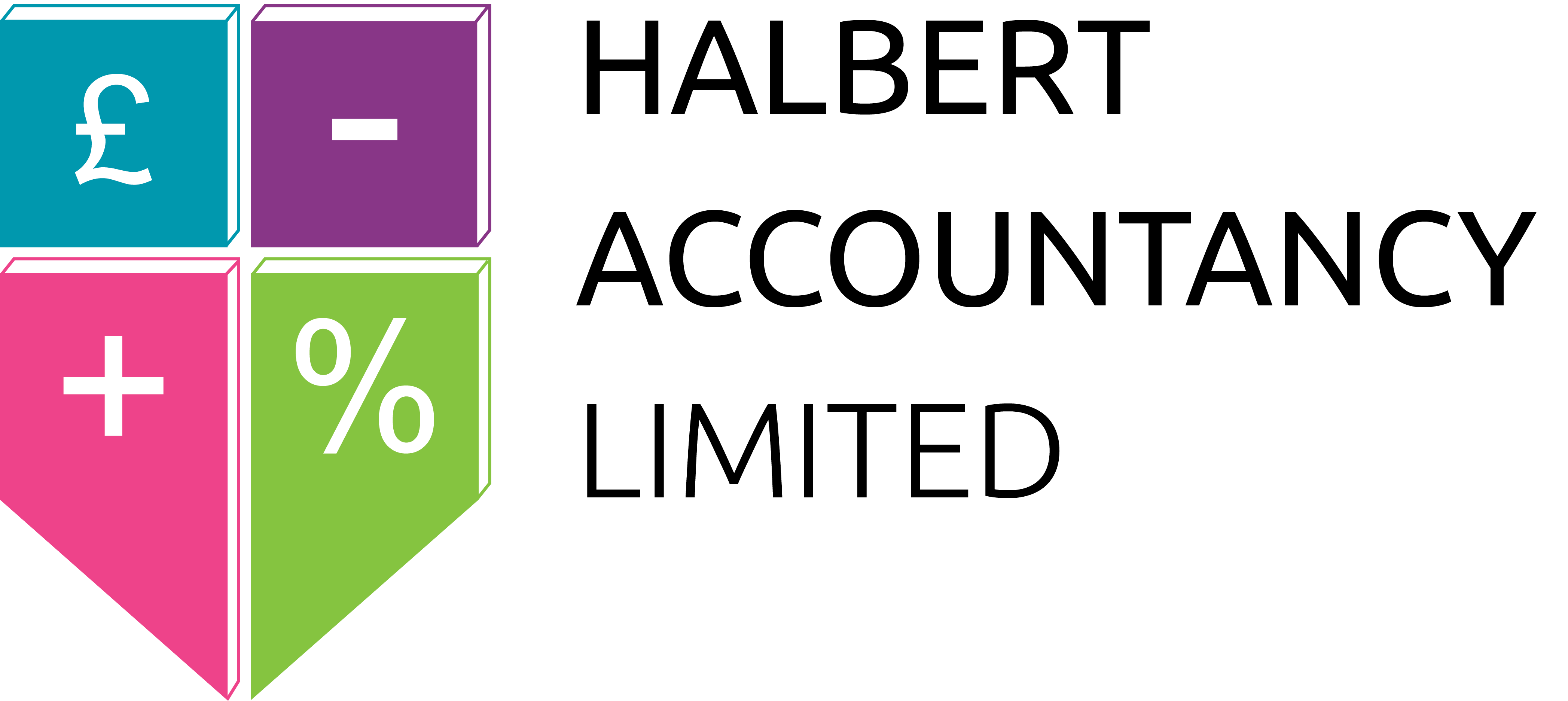Registration for VAT – when, timeliness and voluntary registration.
With all the main political parties vowing not to increase the VAT rate. Those that are still new to VAT and are considering registering, when should you do this and how long does it take?
VAT is predominantly charged on business sales. You should register for VAT when your VAT taxable turnover is more than £83,000 (2016/17) in a twelve month period. Whilst you are waiting for your registration number you are not allowed to charge VAT on your sales but you are still liable for the VAT on those sales. Many clients ask me how to deal with this. One way I advise is : Planning. Plan for this/next year’s activity; which will help you slowly build in the VAT cost to your sales forecasts and hence your clients don’t have the ‘shock’ of a 20% price increase.
VAT registration can be completed online, via the Government Gateway service or you can request that your accountant sets this up, for you. The Gov.uk website states that this should take 14 working days, although in some circumstances it can take longer.
Usually you will need to complete quarterly VAT returns and make the due payment just over a month after the quarter end. There is a VAT annual accounting scheme, which doesn’t suit all business but can be a way of reducing quarterly administrative stress; with just one VAT return a year and a standing order for expected VAT liabilities set up. With such tight turnaround deadlines between the end of a quarter and the VAT submission and payment, you may want to ask your accountant about this scheme, if you think this may suit you.
Those that are not registered for VAT may voluntarily register. For example, many in the service industry voluntarily register for the flat rate scheme. This can be a financially gaining process especially where the majority of a businesses customers are already VAT registered. Again, to find out if you could benefit from the flat rate scheme, speak to your accountant.

